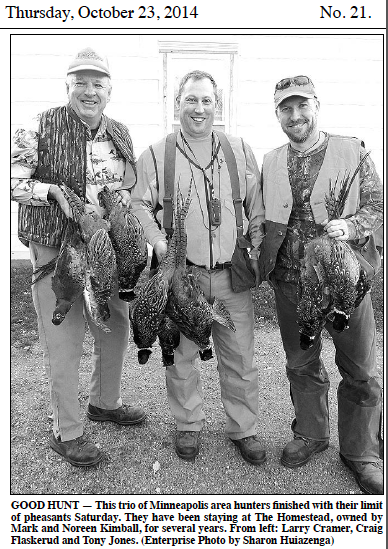At least that’s the only way I can explain my invitation to be a keynote presenter at this year’s Wheaton Theology Conference. I mean, past presenters have been giants in the field of theology, and I’m merely a Ph.D. student who will (someday) write a dissertation and get the damn degree. Even the folks doing the seminars have twice as many letters after their names as I do. I am clearly out of my league.
But, I found a loophole in one of the emails from the conference coordinators. They ask that our presentations be relevant to theologians, pastors, and college students! So, clearly, I’m the guy to speak to the lattermost crowd.
But seriously, I’m deeply honored and very much looking forward to it. I’m not much of one to present a “paper” at an event like this, but I did follow the rules enough to turn in an abstract today. Here it is:
“Whence Hermeneutic Authority?”
Tony Jones, National Coordinator of Emergent Village
Abstract
Tipp O’Neill famously quipped that “All politics are local.” Maybe so, but the postmodernists have argued that all hermeneutics are local. It is our local communities that shape how we see the world, and—as Christians—our ecclesial communities that shape how we interact with the texts of scripture. Stanley Fish calls them “authoritative interpretative communities;” we call them “church.” But in what way does the grand tradition of church history interact with our local iterations of the faith? Does Chalcedon trump Minneapolis? The emerging church movement offers some insight into how coming generations will navigate this relationship between old and new, for in an age of micronarratives, Vincent of Lerins’s exhortation that orthodoxy must “hold fast to what has been believed everywhere, always, and by all” rings somewhat hollow. Or, maybe, orthodoxy has always been fluid, dynamic, open source…











